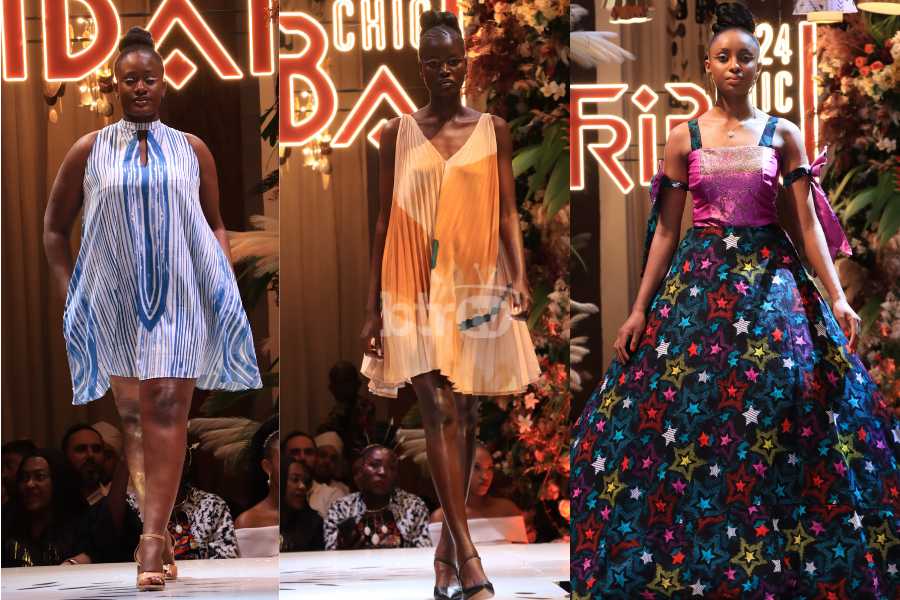
Rachel Mbuki, Exposes Dark Realities of High Fashion Modeling Industry
- By BTR Tv Kenya --
- 18 Jan 2024
In the glamorous world of high fashion, where the spotlight shines on runway perfection, former Miss Universe Kenya, Rachel Mbuki, has lifted the veil on the toxic underbelly that lurks beneath the surface. She recently recounted the shocking realities she faced during her professional modeling days in the US, exposing the disturbing lengths models would go to meet the industry's unrealistic beauty standards.
In a recent revelation, iconic model Beverly Johnson stunned the world by exposing the extreme measures she undertook to maintain her slim figure during the 1970s and 1980s modeling era. Her shocking confession, involving a dangerous combination of cocaine, rice, and two eggs per week, has ignited discussions on the unrealistic beauty standards prevalent in the fashion industry.
Johnson's startling admission surfaced during a recent interview, where she disclosed that she resorted to cocaine as an appetite suppressant, coupled with an extremely restricted diet. The revelation not only sheds light on the destructive allure of substances within the industry but also raises questions about the pervasive influence of unrealistic beauty standards during that era.
Reacting to Johnson's revelation, former Miss Universe Kenya, Rachel Mbuki, shared her own harrowing experiences from her time as a professional model in the US. Mbuki detailed how, for those unwilling to partake in drug use, models would resort to extreme measures such as dipping cotton balls in orange juice and swallowing them. Her candid recounting of the toxic practices within the industry exposed the dark underbelly of high fashion modeling.
Mbuki emphasized the toxic nature of the modeling industry, particularly for black models, stating that the preference for ultra-thin figures made it even more challenging for models with curvier body types. The pressure to conform to specific body standards often led to unhealthy practices, impacting both physical and mental well-being.
Toxic Beauty Standards and Mental Health Impact
Mbuki's revelation unveils the exploitative and harmful nature of the high fashion modeling industry. The perpetuation of unrealistic beauty standards, the pressure to conform, and the disposability of models who fail to meet these standards create a toxic environment. The mental health impact on models, including anxiety, depression, and eating disorders, is a serious concern.
Both Johnson and Mbuki's stories serve as a stark reminder of the need for a paradigm shift in the fashion industry. The glamorization of modeling often overlooks the dark and toxic realities that models face. There is a pressing need to celebrate diverse body types, prioritize models' well-being, and dismantle the harmful practices that have persisted for decades.
As the fashion industry reckons with its past, it's crucial to address the toxic practices that have long plagued high fashion modeling. By sharing their stories, Johnson and Mbuki have sparked a conversation that goes beyond the runway, calling for a more inclusive, supportive, and healthier future for models. It's time to move away from harmful beauty standards and embrace a more diverse and compassionate industry.









